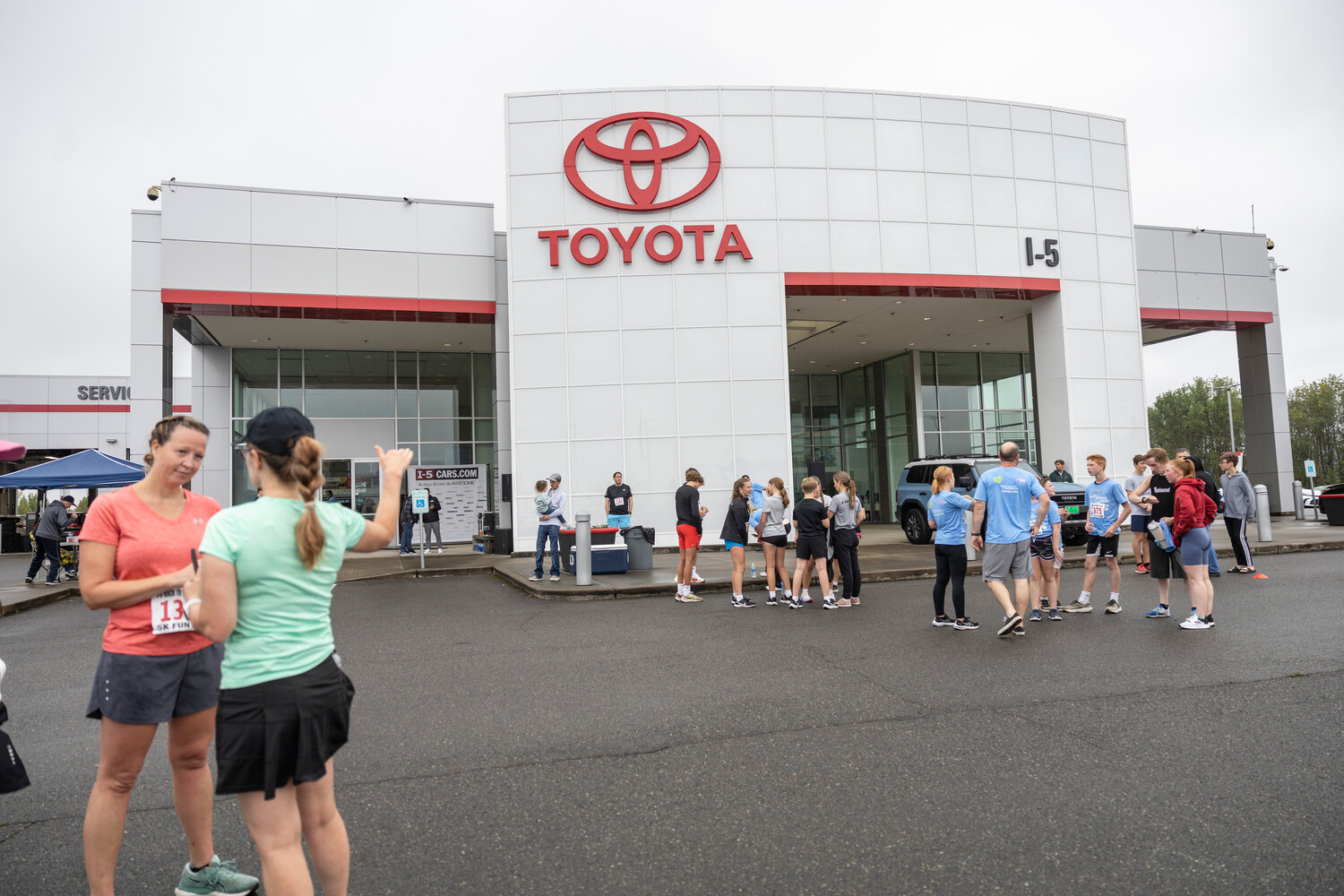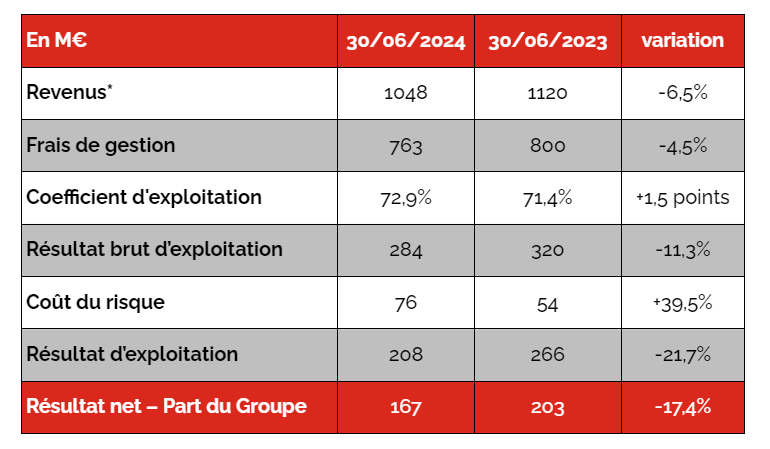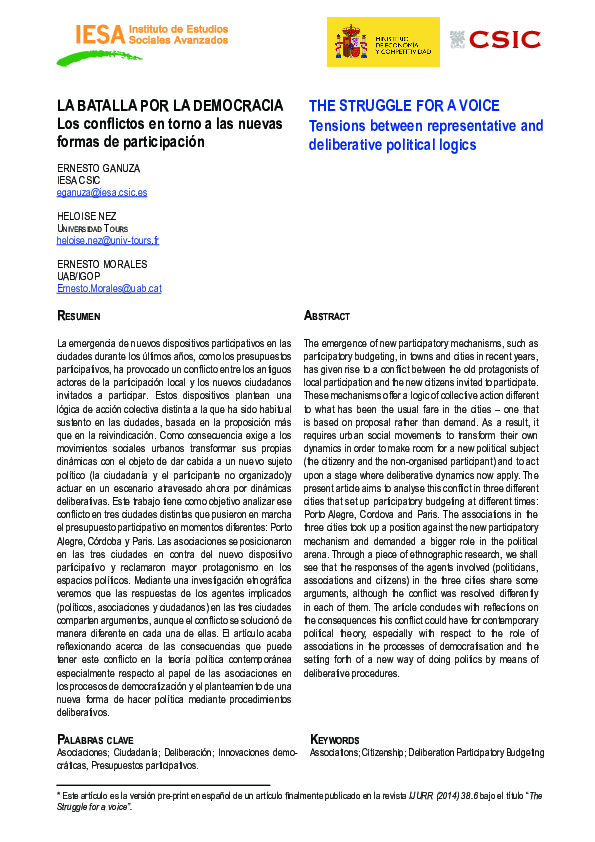Automakers Challenge California's Exclusive EV Mandate

Table of Contents
The pressure is mounting on automakers to electrify their fleets, and California, a global leader in environmental policy, is at the forefront of this transition. California's ambitious goals have led to the implementation of a stringent California's Exclusive EV Mandate, requiring a significant percentage of new vehicle sales to be zero-emission vehicles (ZEVs). However, this aggressive push towards electrification is facing significant pushback from major automakers, who are challenging the mandate on several grounds. This article will delve into the reasons behind this challenge, exploring the complexities of this crucial policy and its implications for the future of the automotive industry.
<h2>The Core Arguments Against California's EV Mandate</h2>
Automakers' opposition to California's Exclusive EV Mandate stems from a confluence of factors that raise serious concerns about the feasibility and practicality of the state's ambitious targets.
<h3>Production Capacity and Infrastructure Limitations</h3>
Meeting the mandate's stringent targets presents immense challenges for automakers. Rapidly scaling EV production to meet the demand faces significant hurdles:
- Insufficient battery supply chains: Securing enough battery materials like lithium, cobalt, and nickel is a global challenge, with intense competition among automakers and other industries. This scarcity drives up costs and limits production capacity.
- Lack of charging infrastructure: Widespread adoption of EVs requires a robust network of public charging stations, especially in areas with limited access to home charging. The current infrastructure falls significantly short of what's needed to support a massive increase in EV ownership.
- High manufacturing costs: Producing EVs currently involves higher manufacturing costs compared to internal combustion engine (ICE) vehicles, impacting profitability and affordability.
The global competition for battery materials is a major bottleneck. China, for example, dominates the processing and manufacturing of these crucial components, creating dependency and potential supply chain vulnerabilities for automakers worldwide. This limits the ability of companies to quickly ramp up zero-emission vehicle manufacturing to meet California's aggressive EV production targets. Improving the charging infrastructure is also critical; without it, consumers will be hesitant to fully embrace EVs.
<h3>Concerns Regarding Consumer Demand and Affordability</h3>
Automakers argue that the mandate is outpacing consumer readiness and affordability for electric vehicles. Several factors contribute to this concern:
- High purchase prices of EVs: The upfront cost of purchasing an EV remains significantly higher than that of comparable gasoline-powered vehicles.
- Limited range anxiety: Concerns about the range of EVs and the availability of charging stations remain a significant barrier to adoption for many potential buyers.
- Lack of public awareness about EV benefits: Many consumers remain unaware of the environmental and economic benefits of owning and operating an electric vehicle.
Statistics show that while electric vehicle adoption is growing, it's not happening at the pace required by California's mandate. Many consumers are price-sensitive, and the current high price of EVs, coupled with range anxiety, hinders widespread consumer demand for EVs. Addressing EV affordability and improving public education about the advantages of EVs are crucial for achieving successful market penetration.
<h3>The Preemption Issue and Federal Regulations</h3>
The legal battle surrounding California's authority to set its own emission standards is another key aspect of the conflict. The state's ability to establish stricter regulations than those mandated by the federal government is being challenged:
- Legal challenges to the mandate: Several automakers have filed lawsuits challenging the legality and practicality of the mandate.
- Potential for preemption by the federal government: The federal government could preempt California's regulations, creating uncertainty and potentially hindering the state's efforts.
- Impact on interstate commerce: The mandate could potentially impact interstate commerce by creating a patchwork of regulations across different states.
The legal arguments revolve around the Clean Air Act and the balance of power between states and the federal government. Automakers argue that California's California emission standards are overly stringent and create an unfair burden, while California contends its authority is crucial for protecting public health and the environment. The outcome of these legal challenges to EV mandates and the potential for federal EV regulations to preempt state initiatives will significantly impact the future of ZEV adoption nationwide.
<h2>Automakers' Strategies and Lobbying Efforts</h2>
Facing the challenges posed by California's mandate, automakers are employing various strategies to navigate the situation:
<h3>Negotiations with California's Policymakers</h3>
Automakers are actively engaging in negotiations with California's policymakers to seek modifications to the mandate:
- Examples of lobbying efforts: Intense lobbying efforts are being undertaken to influence the California Air Resources Board (CARB) and state legislators.
- Proposals for alternative compliance pathways: Automakers are proposing alternative pathways to compliance, such as credits for the production of hybrid vehicles or investments in charging infrastructure.
- Attempts to influence public opinion: Public relations campaigns are underway to shape public perception of the mandate and its implications.
These EV policy negotiations are complex and involve significant compromises. Automakers are attempting to find a balance between meeting environmental goals and ensuring the economic viability of their businesses. Their engagement with the California Air Resources Board and other state agencies is critical to shaping the future of the mandate.
<h3>Investment in Alternative Technologies</h3>
While EVs are the central focus, automakers are also investing in other technologies to diversify their offerings and potentially mitigate the impact of the mandate:
- Examples of investments in alternative technologies: Significant investments are being made in hybrid vehicles, hydrogen fuel cells, and other alternative fuel vehicles.
- The reasons behind these investments: This diversification serves as a hedge against the uncertainties associated with the EV market and the challenges of meeting the mandate's requirements.
- The potential impact on the EV mandate: The success of these alternative technologies could influence the trajectory of the EV mandate and the overall pace of electric vehicle adoption.
The development of hybrid vehicles and exploration of hydrogen fuel cells offer alternative paths to reducing emissions. These alternative fuel vehicles could play a significant role in the transition to a lower-carbon transportation system. The investments in these technologies reflect the automakers' multifaceted approach to addressing environmental concerns.
<h2>Conclusion: The Future of California's EV Mandate and the Auto Industry</h2>
California's Exclusive EV Mandate presents a complex challenge, balancing ambitious environmental goals with the realities of production capacity, consumer demand, and legal frameworks. Automakers' opposition, stemming from concerns about production limitations, affordability, and legal preemption, highlights the significant hurdles in the rapid transition to electric vehicles. However, the ongoing negotiations and investments in alternative technologies suggest a willingness to find workable solutions. The outcome of this conflict will significantly shape the future of electric vehicle adoption in the US and beyond.
Stay informed about the developments surrounding California's Exclusive EV Mandate and its implications for the auto industry and the environment. Follow the updates from organizations like the California Air Resources Board and industry associations to understand the ongoing dialogue and potential compromises. The future of transportation and environmental policy hangs in the balance.

Featured Posts
-
 Nyt Connections Answers Puzzle 670 April 11th
May 19, 2025
Nyt Connections Answers Puzzle 670 April 11th
May 19, 2025 -
 Resultats Financiers Credit Mutuel Am Perspectives Q4 2024
May 19, 2025
Resultats Financiers Credit Mutuel Am Perspectives Q4 2024
May 19, 2025 -
 World Cup Qualifying Norways Haaland Inspires Dominant Win Over Moldova
May 19, 2025
World Cup Qualifying Norways Haaland Inspires Dominant Win Over Moldova
May 19, 2025 -
 Rising Violence Against Crypto Millionaires Wrench Attacks And Injuries
May 19, 2025
Rising Violence Against Crypto Millionaires Wrench Attacks And Injuries
May 19, 2025 -
 Democracia En Riesgo La Presencia Militar En La Sesion Del Cne
May 19, 2025
Democracia En Riesgo La Presencia Militar En La Sesion Del Cne
May 19, 2025
